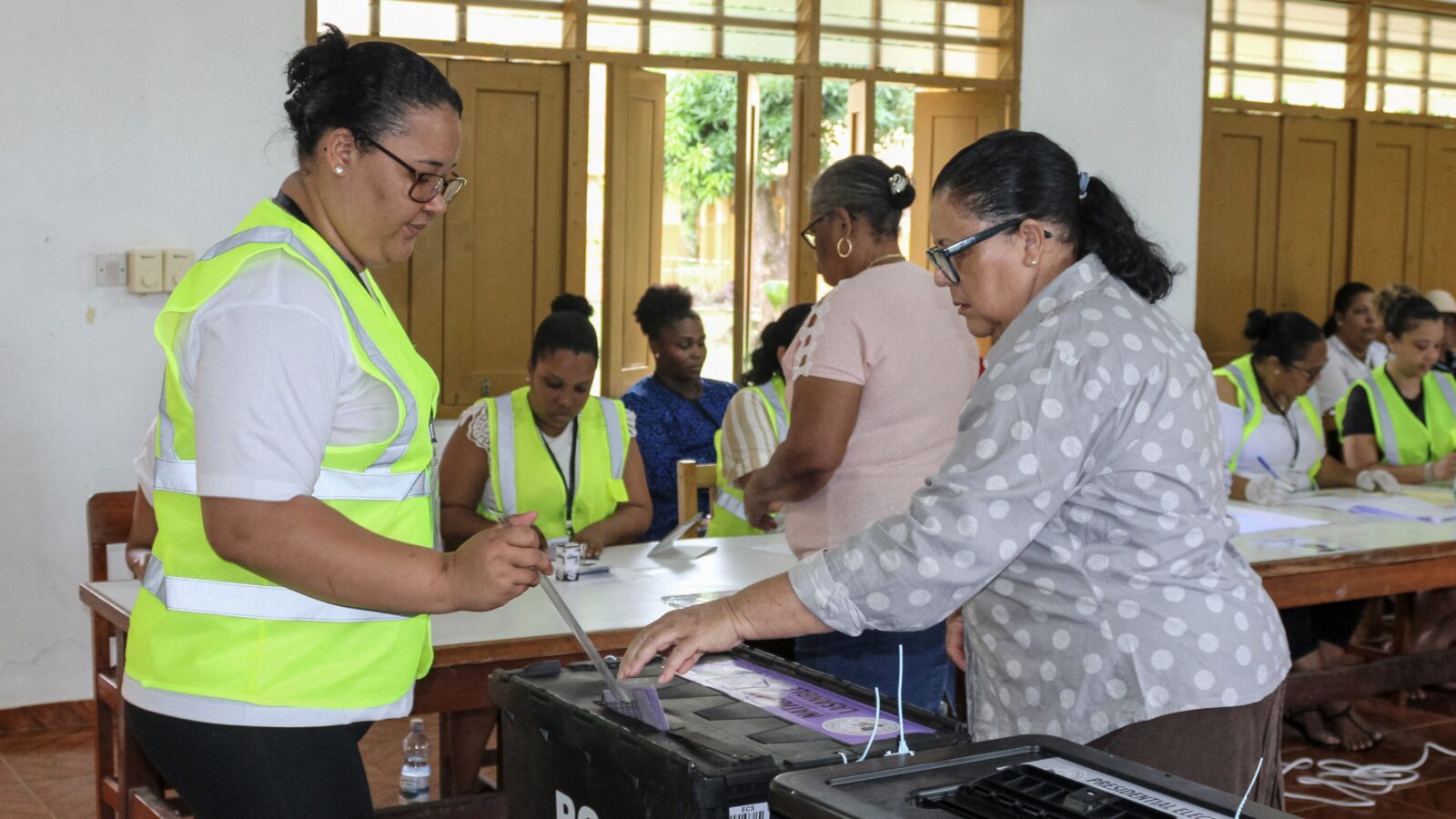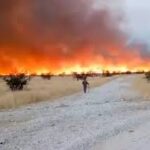Seychelles is preparing for a decisive presidential run-off election after neither of the two main contenders secured an outright majority in last week’s polls. Opposition leader Patrick Herminie emerged narrowly ahead with 48.8% of the vote, while incumbent President Wavel Ramkalawan of the Linyon Demokratik Seselwa (LDS) party garnered 46.4%, the country’s electoral commission confirmed. Under Seychelles’ electoral rules, a candidate must receive more than 50% of the votes cast to be declared president, making a second round inevitable. The run-off election is scheduled to take place from 9 to 11 October, and it is expected to be one of the most closely watched contests in the nation’s recent political history.
Seychelles, Africa’s smallest country both by size and population, is a 115-island archipelago in the Indian Ocean, home to just over 120,000 people. Despite its small population, the country holds significant geopolitical and environmental importance, as it is renowned for luxury tourism, rich biodiversity, and fragile marine ecosystems. The archipelago is also Africa’s wealthiest country in terms of average income per person, according to World Bank data.
This year’s election featured eight presidential candidates, but the race quickly became a two-way contest between Herminie and Ramkalawan. President Ramkalawan, seeking a second term, campaigned on a platform focused on economic recovery, social development, and environmental sustainability, pledging to consolidate progress made during his first term. Meanwhile, Herminie, who leads the United Seychelles party, positioned himself as a strong challenger. United Seychelles dominated the country’s political landscape from 1977 until 2020, when it lost power to Ramkalawan’s LDS. The party has since regained momentum, winning 19 out of 35 parliamentary seats in elections held alongside the presidential vote, giving Herminie added political leverage going into the run-off.
In a televised address after results were announced, Herminie expressed confidence in his chances, saying: “We are ready for a second round. We start campaigning tomorrow.” His momentum is likely to be boosted by negotiations with the six trailing presidential hopefuls, whose combined supporters could tip the balance in what is expected to be a tightly contested second round.
One issue likely to shape the run-off is the growing public debate over Assumption Island, one of Seychelles’ most ecologically sensitive territories. Recent controversy surrounding its leasing to a foreign hotel developer has sparked concerns about sovereignty and environmental stewardship, making it a key electoral touchpoint. Analysts suggest that the issue could influence voter alignment, particularly among environmentally conscious citizens and supporters of the eliminated candidates, whose endorsements could prove decisive.
As Seychelles heads toward this historic run-off, the stakes are high for both candidates. For President Ramkalawan, a second term would secure continuity for his LDS party’s reform agenda, while for Herminie and the resurgent United Seychelles, victory would mark a return to power after five years in opposition.
The outcome will not only determine the country’s leadership but could also shape its economic and environmental policies, as well as its approach to managing global partnerships and tourism-driven growth. With campaigning set to intensify in the coming days, Seychellois voters are preparing for a pivotal moment that will define the political trajectory of their island nation.














Leave a comment